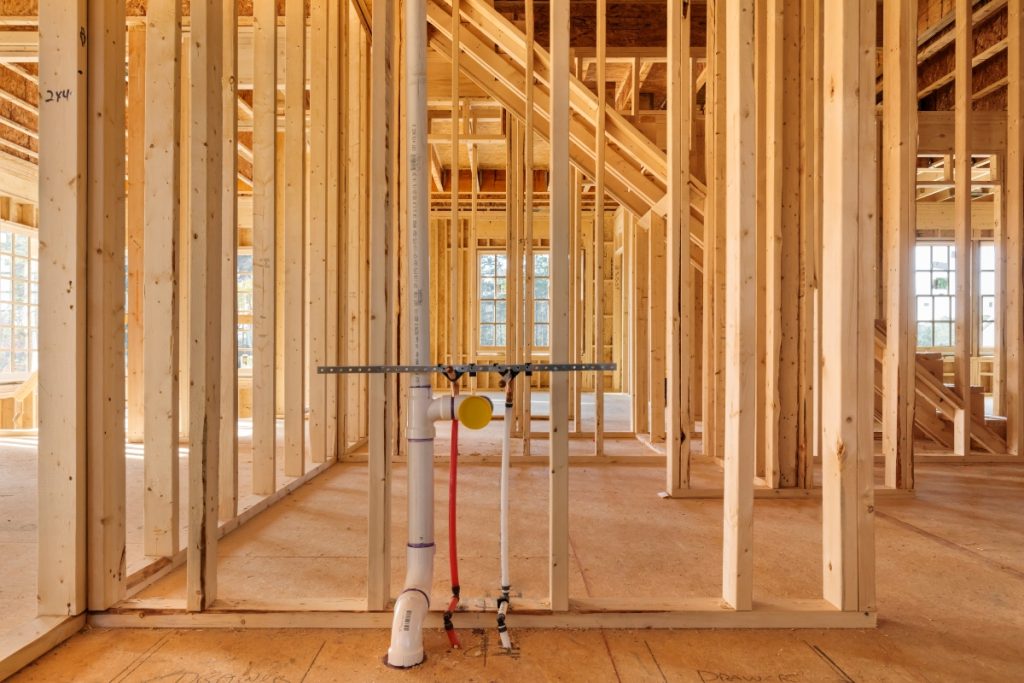Most people buy a house just enough for themselves, And when their families grow, they move on to a bigger, more spacious house. However, for some homeowners, expanding their current living space is a more affordable option. Home additions are not only ideal for families who want to save money instead of moving to a larger home. If you love your current house, building more space into it is a smarter and more budget-friendly decision.
Fret not because your investment in a home addition project will be worthwhile since the value of your property increases too. Furthermore, why leave a house where you’ve made special memories, right? If you think tackling a home addition project is too much of a challenge for you, we have tips below to help you survive that.
1. Decide on your priorities
The first thing you need to do is identify your priorities for the project, which you’ll also need for the initial consultation with your building contractor. Determine your exact purpose for the project. Are you planning to add amenities or just an extra bedroom? Are you building it on the first or second floor? You can also list down the items needed for the additional space. This may include surfaces, flooring, built-in seating, islands, and appliances.
You can then decide on your must-haves and set a clear budget for the project. You can also request quotations from potential contractors to confirm if your budget will suffice for your project priorities. It’s a general rule to add at least 15% to 20% of your budget to cover unforeseen expenses.
2. Hire reputable experts
If you want your home addition to get done right, you need professionals for the design and construction. You can consider hiring an architect to put your architectural or visual concepts into life. Once you have the architectural plan, you can find a contractor who can build the structure. Some homeowners opt to hire a general contractor. As for others who want to be more meticulous with the project, they work with several contractors who specialize in various services.
For instance, if you want to guarantee a strong foundation and footing for the construction, find a trusted concrete home-building contractor. Hiring such contractors can help you ensure that the foundation of the additional structure will be done correctly and on budget. On the other hand, if you want to minimize the number of contractors you hire for the project, you can look for a design-build contractor. Such professionals can handle the project design up to the construction.

3. Plan the working hours
Many homeowners decide on signing up the contracts once they find reputable building contractors. But one thing that many individuals forget to think about is the work hours for the project. It might seem simple to let a few late hours go by or allow the contractors to do weekend work. You might even expect them, especially if you want to get the project done right away. Most contractors will squeeze in extra work hours if you let them.
But before you order or accept extended hours and days, remember all the money that will cost you. Besides that, the emotional cost of early morning sawing or late-night hammering can be a real problem for you and your family. This is something to consider if you’re planning to stay in the house during the project. If you want to stay within the budget and not cause unnecessary disturbances on your rest days, follow the time frame in the contract.
4. Acquire permitting requirements
A home addition project can be exciting, but it’s never that simple. It doesn’t end with creating the plan, finding building contractors, and paying for the work. You’d also have to ensure that you’re following the local zoning laws and building codes. Check for restrictions regarding home extensions and ensure the addition will be properly zoned.
Depending on your location and the scope of the construction, you may or may not have to get any permit. Most local contractors readily know these, and all you need to do is follow them. Neglect local codes can cause delays in your project and might even require you to pay penalty fees.
Building a home addition isn’t only financially exhausting; it can also be physically and emotionally taxing. By taking notes of these tips, you can ensure a smooth construction project and prevent unnecessary expenses. Still, seems too taxing? Consider hiring an experienced architect or building contract to help you with the planning, designing, up to the actual construction.
